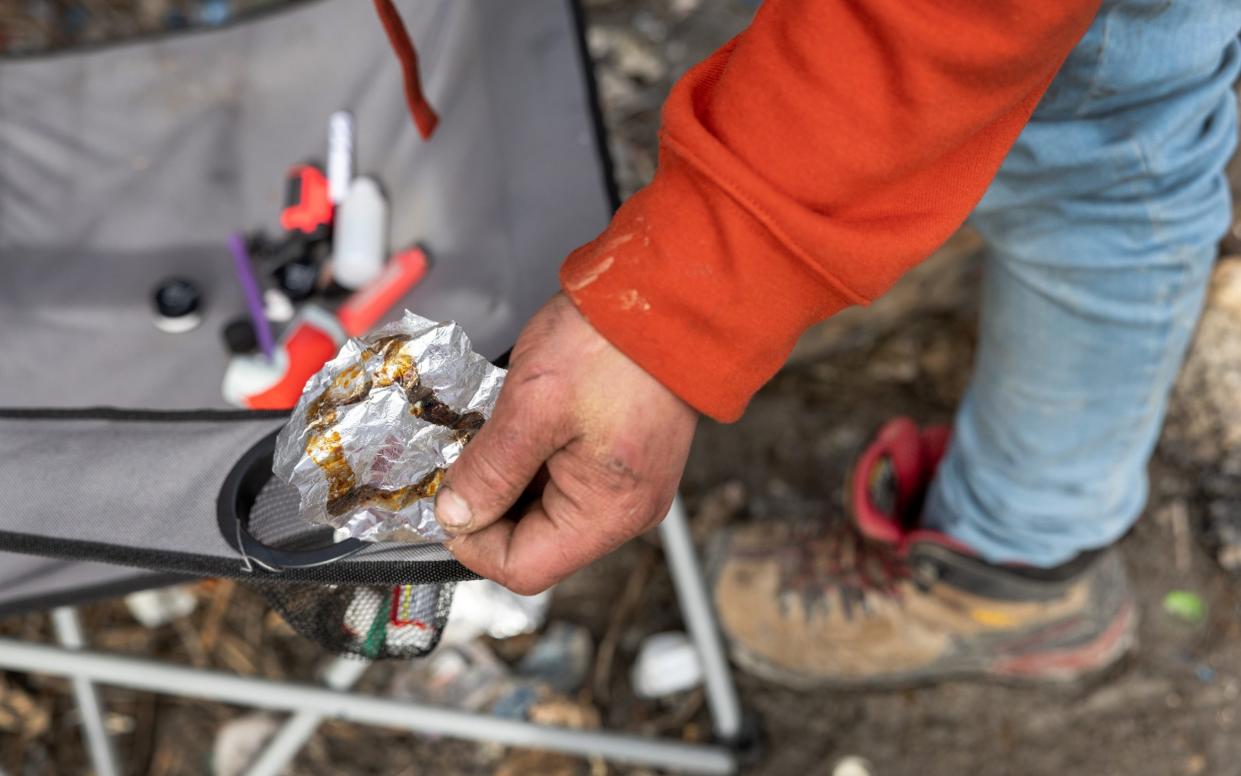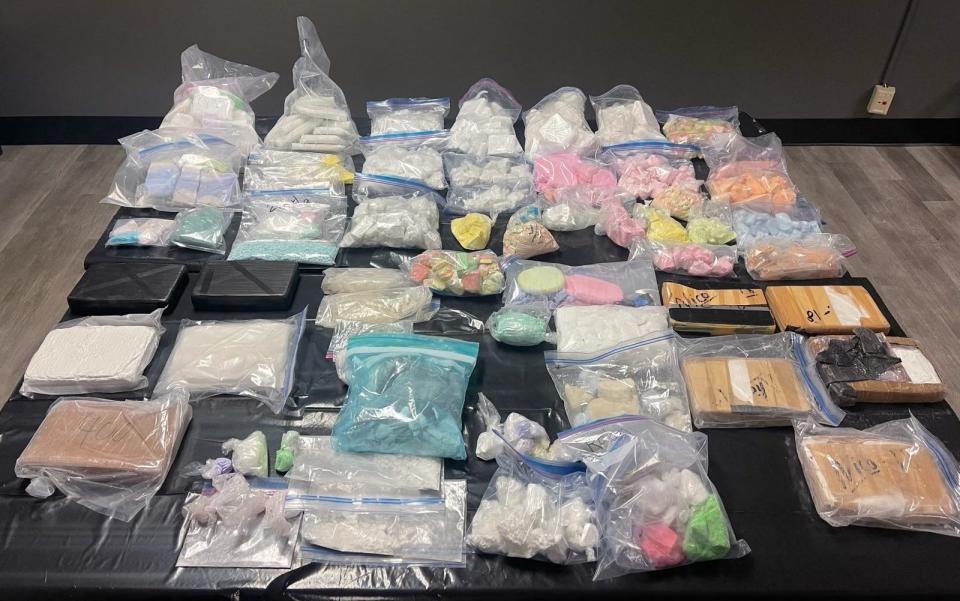Crackdown on fentanyl smuggling to prevent UK opioid crisis

The Home Office is to launch a crackdown on drug gangs smuggling fentanyl into the UK in an attempt to avert a US-style opioid crisis.
Officials are planning to train a team of Border Force sniffer dogs to detect smuggled consignments of the drug arriving in Britain.
Fentanyl is a form of synthetic opioid which is up to 50 times more potent than heroin and 100 times stronger than morphine. It is now the leading cause of death for Americans aged 18 to 45.
According to the Home Office, the UK is “seeing an increase in the prevalence of synthetic opioids, including fentanyl”.
Officials note that “synthetic opioids may have contributed to a number of deaths over the past few months” in Northern Ireland and Scotland.
Last week, the Home Office published a “request for quote” document advertising a new contract for a company to provide “fentanyl products” for use in the training of Border Force dogs.
Officials believe that the increase in prevalence of synthetic opioids “may be a result of the successful Taliban clamp-down on heroin production in Afghanistan”.

They add that the Border Force National Dog Team has been “tasked with exploring the potential for canine detection of synthetic opioids [and] requires pharmaceutical grade fentanyl in order to train detector dogs in their ability to search for it”.
One of Britain’s most senior policing figures warned last year that London and other British cities risk becoming like drug-ravaged San Francisco because of a surge in super-strength synthetic opioids.
Donna Jones, who chairs the Association of Police and Crime Commissioners, said the epidemic of drug overdoses in the California city offered a stark warning of what the UK might face as a result of global changes in the illegal drug market.
Surge in UK fentanyl smuggling
The Home Office crackdown comes after a surge in smuggling of fentanyl and its derivatives into the UK.
In the year ending March 2023, across all of England and Wales, the police and Border Force made a combined total of 21 seizures of fentanyl or its analogues, comprising one kilogram of the drug, 112 individual doses and one single wrap.
In the six following months, from April to September 2023, Border Force alone made six individual seizures, comprising 1.76 kilos of fentanyl and its derivatives, and 674 individual units. These are the latest data available.
Emily Thornberry, the Shadow Attorney General, has asked the Home Office a series of parliamentary questions about the quantities of fentanyl that have been smuggled into the UK.
“I was worried that this killer epidemic was going to creep up on us in Britain in exactly the way it did in America, and we needed to get a handle on what quantities were being smuggled into the country,” she said.
Ms Thornberry said she welcomes the new scheme to train sniffer dogs but added: “We need a lot more focus and urgency from the top of government if we’re going to keep our country ahead of the game when it comes to fighting the scourge of fentanyl.”
Drug killed 112,000 Americans in 2023
America has become gripped by a fentanyl crisis in recent years, with 70 per cent of all US overdose deaths resulting from fentanyl use.
An estimated 112,000 Americans died from taking the drug in 2023 alone, more lives than have been lost in all the country’s foreign wars since 1945.
Last month, Chris Philp, the crime and policing minister, announced that officials were developing an early warning system to spot synthetic opioids and other drugs.
The system will test waste water and log spikes of overdoses being reported by the emergency services, to track the presence and strength of synthetic drugs across the UK.
Mr Philp said the early warning system will help Britain to avoid a crisis on the scale of the one the US is experiencing. He said the “public need to be aware of the risks”.
The Home office has been approached for comment.

 Yahoo News
Yahoo News 
